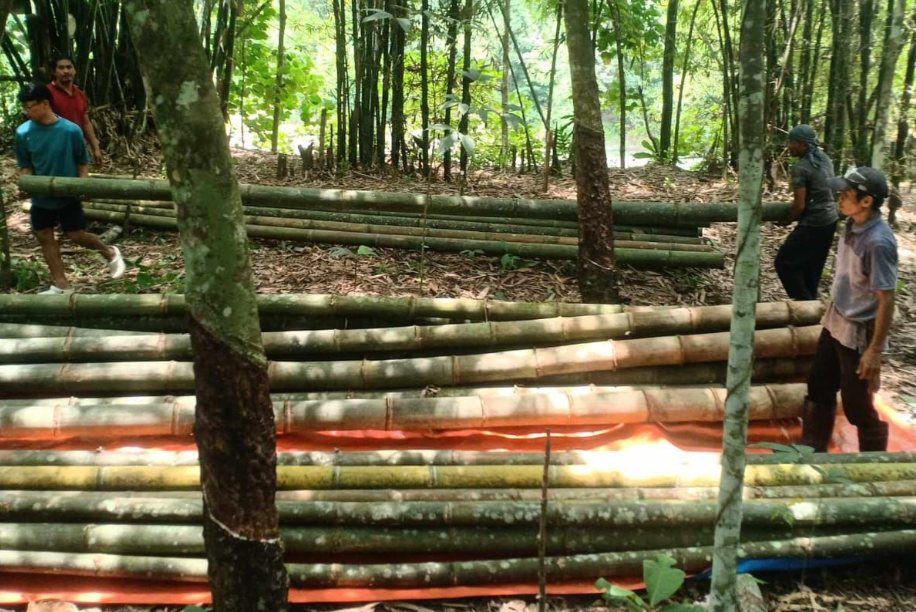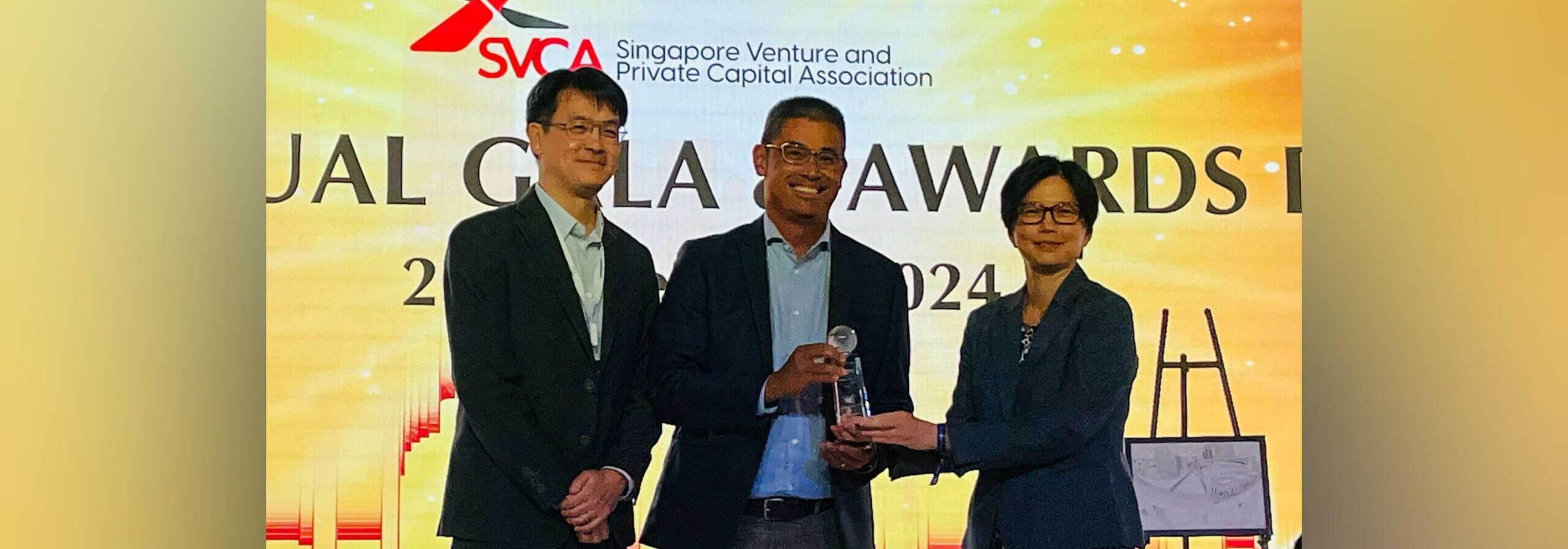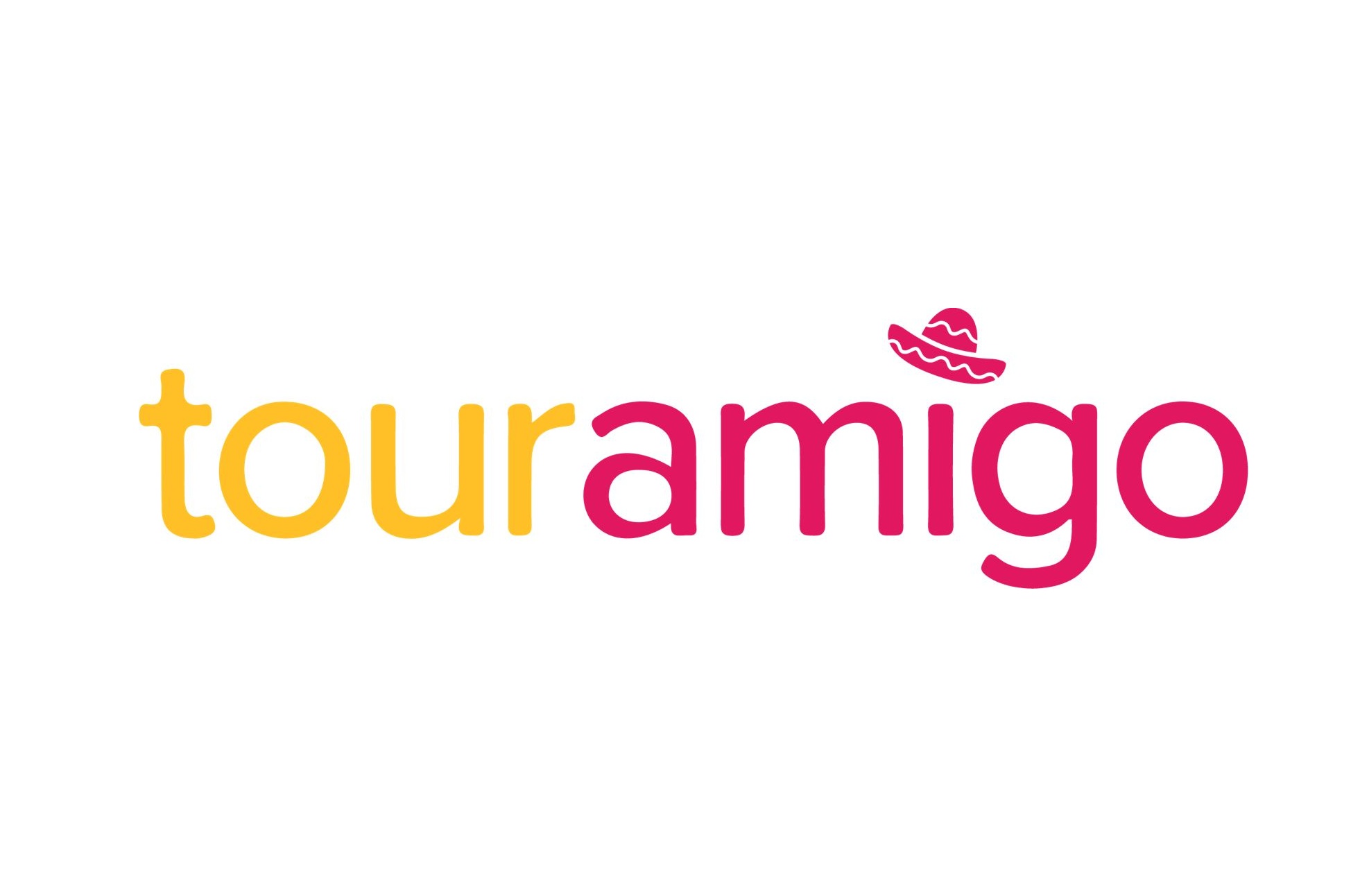Ever wondered why founders almost always go on to start another business – even after they’ve successfully exited for enough money to fund their retirement? Chances are, they discovered exactly what some researchers at Purdue University found: past a certain point, money does not add any additional happiness to one’s life.
Being competitive and ambitious from young, Wavemaker Partners operating partner Cheah Sui Ling was on the fast track to making this realization. Growing up in the small island of Penang, by the age of 14, she already had a clear goal of going to Wall Street and becoming a banker.
“After watching the first version of the Wall Street movie, I had this vision of it […] a place where it didn’t matter how young you were. As long as you were smart, ambitious, and industrious, you could do a lot of things,” she recounts. “And that’s actually how it panned out – that was so exciting for me in banking.”
Sui Ling went on to spend the next 19 years of her life as an investment banker at institutions such as Merrill Lynch and J.P. Morgan. But while she enjoyed being surrounded by go-getters and receiving a generous pay cheque, it wasn’t quite enough for her.
“When you’re young, your ambitions are quite different. I was young enough when I became reasonably successful to realize, how much further can you actually climb this ladder?” she explains. “There’s only so much material wealth you can get before it becomes superfluous and gratuitous.”
Looking for something new to capture her interest, she started exploring the growing technology scene.
Changing tracks
Sui Ling is by no means a stranger to the tech startup scene. As an investment banker doing mergers and acquisitions as well as fundraising for high growth companies, she worked with a number of technology and telecommunications companies over the years. Later on, she also started making investments in tech companies.
“I was an angel investor first, then I decided that investing in funds was a lot wiser,” she explains.
That was when Sui Ling decided to join Wavemaker Partners. She characterizes banking as an established industry that is being increasingly regulated, while the tech industry is constantly trying to change the rules and disrupt things.
Banking has become a “commoditized business,” according to Sui Ling, where deals are won primarily based on pricing. “On the other hand, startups, in general, try to create value by solving problems in an exponentially scalable manner,” she continues.
What Sui Ling loves, like many others drawn into the tech world, is the energy and excitement of building businesses that can potentially make a real difference to the economies here. She likes that Wavemaker’s focus on enterprise and deep tech startups sets it apart.
“A lot of the companies in the region, particularly the SMBs, and in many cases even the larger enterprises, are still behind in the technology curve,” Sui Ling explains. “There is a chance to help make regional companies a lot more efficient, profitable, and competitive. It doesn’t hurt that Singapore’s drive to become a smart nation makes it an excellent testbed for deep tech companies that can be then parlayed to other markets, regionally and globally.”
An exhilarating rollercoaster ride
The likes of massive homegrown successes like Razer and Grab have captured the hearts and minds of startup founders all across the region – and in particular, Singaporean founders.
Sui Ling is hopeful that these companies will set an example for local startups.
“I would say a lot of us may not have the confidence to think that we can actually create world-class companies in our own backyard,” she says.
When it comes to achieving startup success, there are a plethora of differing opinions on what the most important factors are. Having a front-row seat to the operations of over 80 startups, Sui Ling can say with confidence that it all boils down to this: how much the founders care about the team.
Sui Ling can say with confidence that it all boils down to this: how much the founders care about the team.
“It sounds really cliche, but the guys who always think about giving credit to the team, and are able to manage people properly, always seem to be the ones who can scale faster and can remain resilient through the good and bad times,” she explains.
Given the ups and downs of the typical startup journey, resilience is particularly important. Sui Ling likens it to a rollercoaster – one in which she’s usually along for the ride. “It’s these fire-drill moments that are interesting to me, because I need to be innovative about how to help them get over the hump,” she says.
“Things can change overnight, and then you think you’re going to die, and then two weeks later you’re alive again,” Sui Ling marvels.
“And it’s amazing. It’s truly amazing.”







